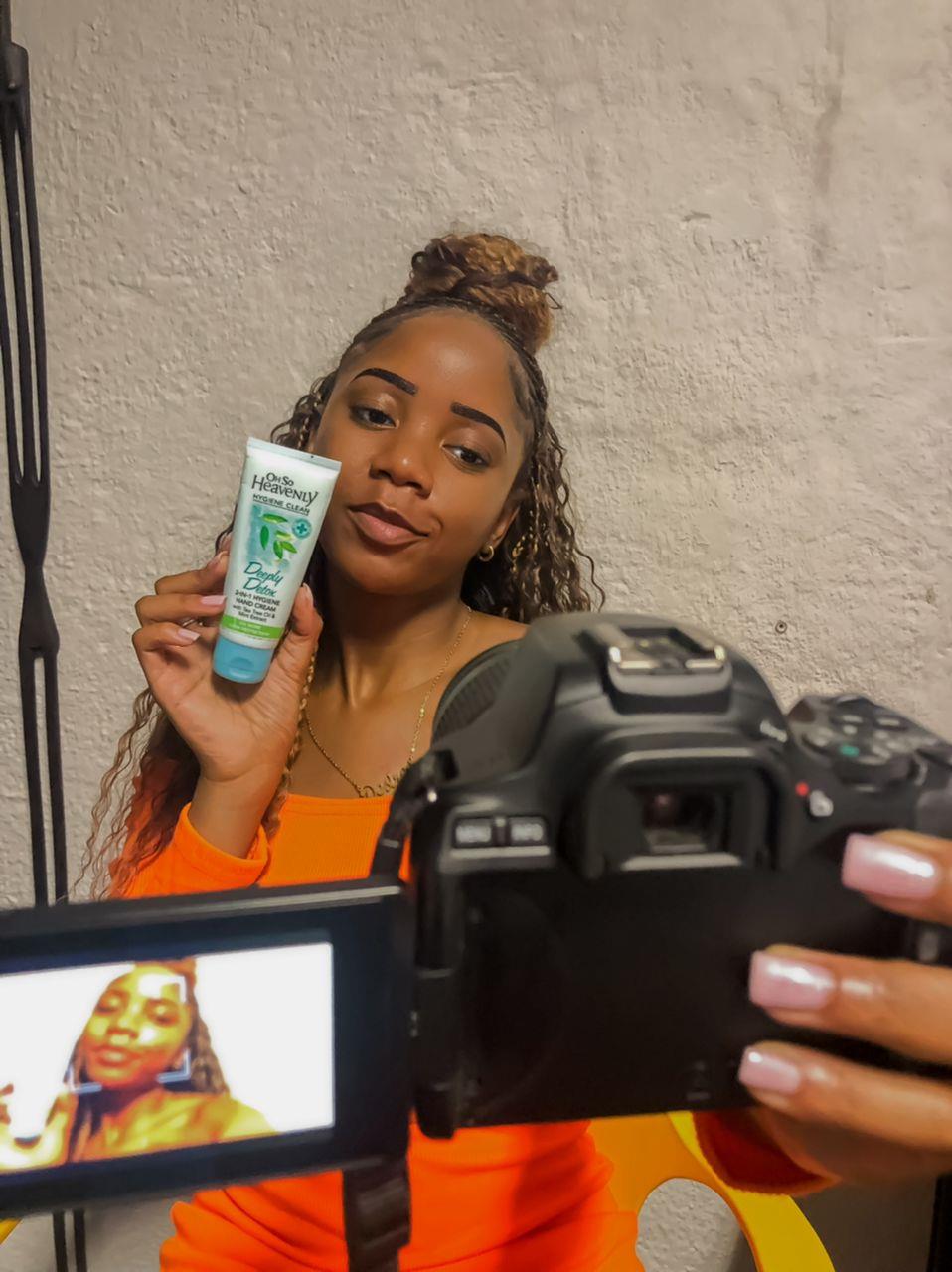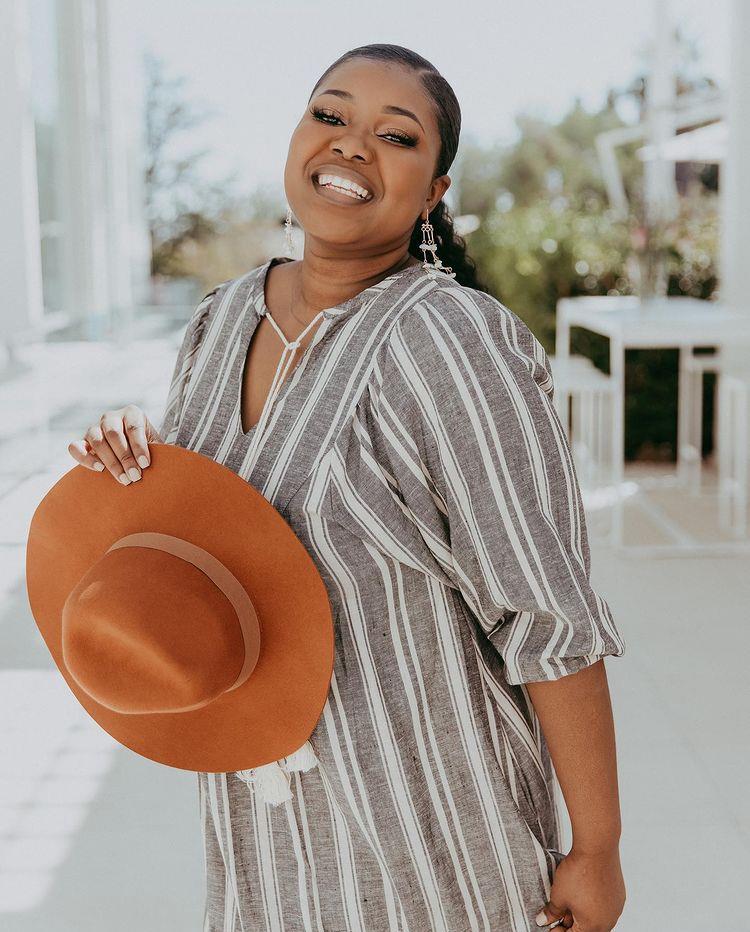The unconventional career choice
Is being a social media influencer a real career?
Desiree GasesA generation ago, kids didn't dream of being social media influencers, but that has changed over the past couple of years. Imagine your son/daughter or younger sibling telling you that they want to become an ‘influencer’ when they grow up. Sounds pretty strange, right? If you are conversant with the happenings in the digital world, you probably would have heard about social media influencers before. But you may have a wide range of questions about whether being a social media influencer is a real career or not.
As the pool of digital content creators grows, our preconceptions must also evolve. The Zone reached out to influencers in Namibia to find out about the questions everyone asks about influencers.
“I didn’t always think I would end up here but I’ve always had an eye for aesthetics and the finer things,” says Taimi Nuunyango a Youtube content creator.
Latichia George says, “I’ve always kind of known that I would be a youtuber but I never thought I would be a full-on content creator.”
An influencer is someone who is capable of swaying, encouraging, or convincing people to do certain things. To qualify to be called a social media influencer, such an individual must have established great credibility, engagement and also have many followers. Social media influencers most commonly establish themselves on Facebook, Instagram, Twitter, Tik-Tok, and YouTube. Most Namibian influencers establish themselves on Instagram, Facebook and YouTube.
As highlighted earlier, there is controversy over whether being a social media influencer is a real career or not, therefore The Zone reached out to a few content creators to find out about being paid and the sustainability of influencing in Namibia.
When it comes to YouTube payment, the threshold is about 70 euros, which is equivalent to about N$1 200. Your YouTube income is based on the number of views on your videos; the more viewers you get, the higher the amount you get paid.
YouTube pays on a monthly basis so you should at least have reached the 70-euro threshold or more in order for your money to get paid out. You can get 7 000, 5 000, 10 000, but once the money is paid out, your account goes back to zero, so you’ll need to start accumulating money from scratch again by creating more content.
“With content creation you are paid on your input, so if you don’t create, you don’t get paid and that’s why content creation is a constant thing,” says Nuunyango.
The minimum requirements to get monetised on YouTube are: You need to be at least 18 years old, or have a legal guardian older than 18 years of age who can handle your payments via AdSense; have more than 1 000 subscribers and 4 000 hours of watch time. Once you meet the requirements and you become part of the YouTube Partner Programme (YPP), which is the programme that lets creators monetise content that uses their copyrighted work. And Google requires you to link your YouTube channel to an AdSense account after you’ve completed all those steps. Google AdSense then sends you a verification PIN, which is a code that verifies you are indeed who you say you are. This verification code gets sent through the post office.
The Zone also asked the influencers about the sustainability of this career choice. Latichia George said: “I think that especially in Namibia, content creation can become sustainable form of income in two years or so, because Namibian influencers do get paid well but not good enough for you to afford a house and a car like influencers in other countries. But its slowly but surely getting there.”
Taimi Nuunyango says: “It is a somewhat sustainable form of income because there are content creators in other countries who merely live off of social media influencing and content creation. But it’s important to know that you will only get out what you put in, because if you don’t create, you do not get paid. The same thing goes for Instagram partnerships. If they don’t approach you to do paid partnerships, then you don’t really have an income.”






Comments
My Zone
No comments have been left on this article